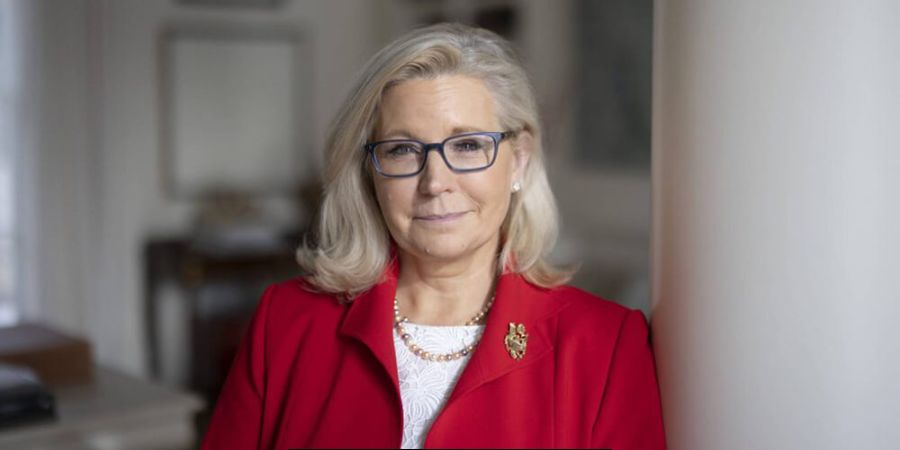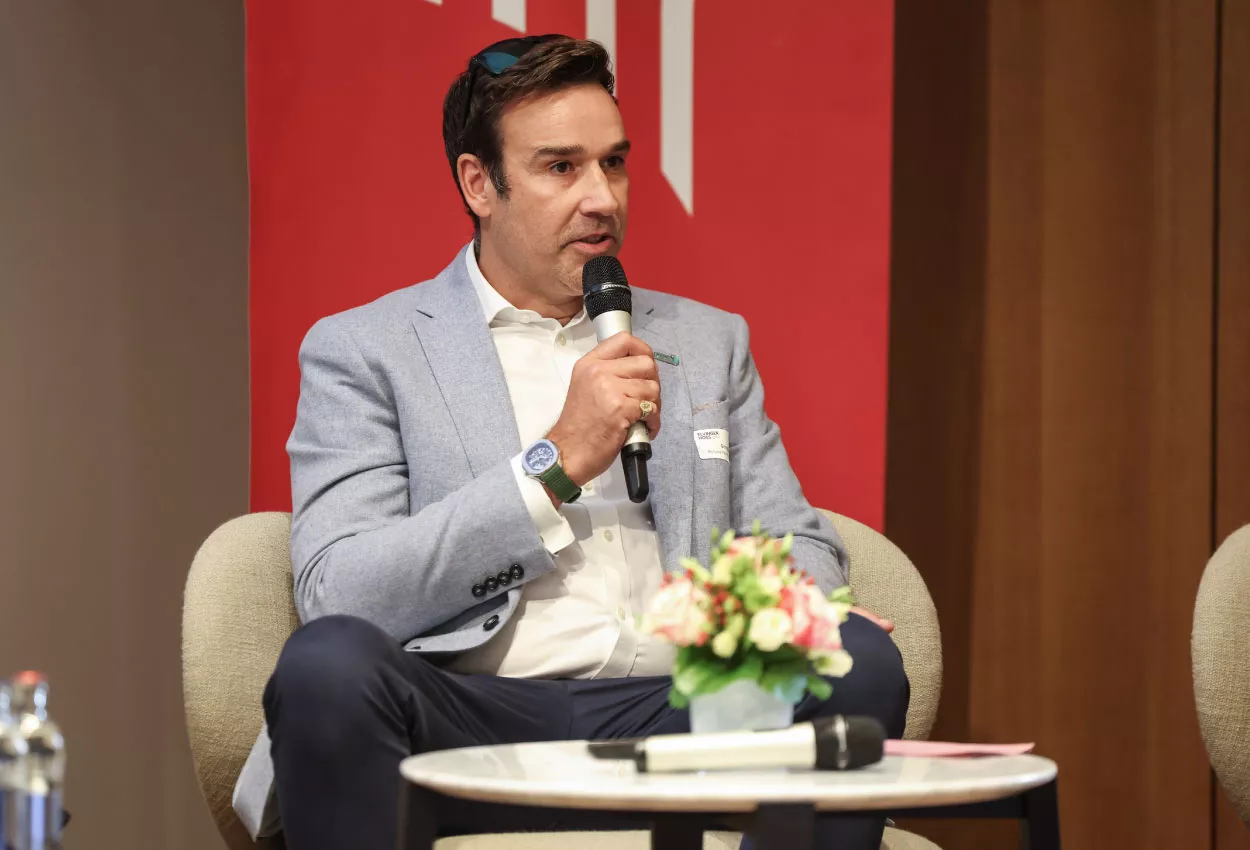Jane Fraser’s ascent to the top of Citigroup marks a significant milestone in the financial industry, as she became the first woman to lead a major Wall Street bank. Her leadership style is not just noteworthy because of her groundbreaking career path but also because of the strategic acumen and empathetic leadership she embodies. In this detailed analysis, we’ll explore seven key aspects of Jane Fraser’s leadership approach, providing a blueprint for what effective, modern leadership in the finance sector looks like.
1. Embracing Change with Strategic Foresight
Jane Fraser’s tenure at Citigroup has been marked by a strong emphasis on embracing change and using strategic foresight to steer the company towards future success. Under her leadership, Citi has initiated a series of strategic refreshes aimed at simplifying the company’s portfolio and enhancing its focus on wealth management and digital banking. Fraser’s ability to anticipate market trends and align them with organizational strengths is a testament to her forward-thinking leadership style.
2. Advocating for Diversity and Inclusion
A central tenet of Fraser’s leadership philosophy is her commitment to diversity and inclusion. She has been vocal about the importance of creating a diverse and inclusive workplace, which she believes is crucial for fostering innovation and reflective decision-making. Under her guidance, Citigroup has launched numerous initiatives aimed at increasing diversity within its ranks, which also underpins her belief that a diverse organization is more resilient and capable of achieving superior results.
3. Cultivating a Culture of Responsible Banking
In the wake of financial uncertainties, Jane Fraser has consistently advocated for responsible banking practices. Her approach goes beyond compliance; it’s about creating a culture where ethical considerations are at the forefront of business decisions. This focus on ethical banking not only helps in risk management but also builds trust with clients and stakeholders, ensuring the bank’s long-term sustainability and reputation.
4. Leading with Empathy
One of the most distinctive aspects of Jane Fraser’s leadership style is her emphasis on empathy. Recognizing the challenges posed by the global pandemic, she implemented policies that supported remote work and addressed employee well-being. Her leadership during crises shows an understanding that the health and wellness of employees are crucial to the organization’s success, highlighting her empathetic approach to leadership.
5. Focusing on Sustainable Banking
Fraser has also positioned Citigroup as a leader in sustainable banking. Under her leadership, Citi has pledged to achieve net-zero greenhouse gas emissions by 2050. This commitment extends to not only the bank’s operations but also its financing activities. By focusing on sustainability, Jane Fraser aligns Citi with the growing demand for environmentally responsible finance, securing its place as a future-ready bank.
6. Driving Digital Innovation
Under Jane Fraser’s leadership, Citigroup has accelerated its digital transformation initiatives. Recognizing the importance of technology in modern banking, Fraser has overseen investments in enhancing digital infrastructure and innovating new digital products. This focus on technology not only improves customer experience but also positions Citi to remain competitive in a rapidly evolving digital landscape.
7. Decisive and Clear Communication
Jane Fraser is known for her clear and decisive communication style. Whether it’s discussing company strategy with stakeholders or addressing employees, she ensures that her message is unambiguous and direct. Being open in communication promotes a transparent and accountable culture within the company which helps in coordinating its plans with its goals.
Conclusion: Jane Fraser’s Visionary Leadership
Jane Fraser’s leadership style is a blend of empathy, foresight, and a strong commitment to ethical and sustainable practices. Her strategic vision for Citigroup not only navigates the company through challenging times but also sets a benchmark for what modern leadership should look like in the financial sector. As we observe her continued influence on the global banking landscape, it’s clear that her leadership qualities are pivotal in shaping the future of banking.
In a world where the pace of change is relentless, leaders like Jane Fraser demonstrate that a focus on innovation, responsibility, and inclusivity is not just ideal, but essential for lasting success. Her journey continues to inspire many, proving that principled leadership combined with a clear vision can lead to transformative outcomes for individuals and organizations alike.










